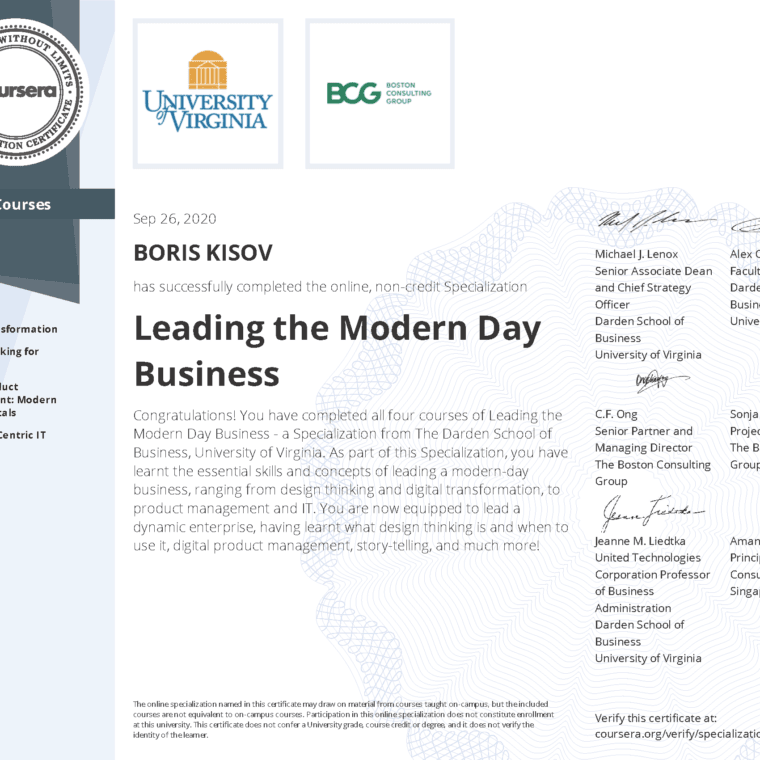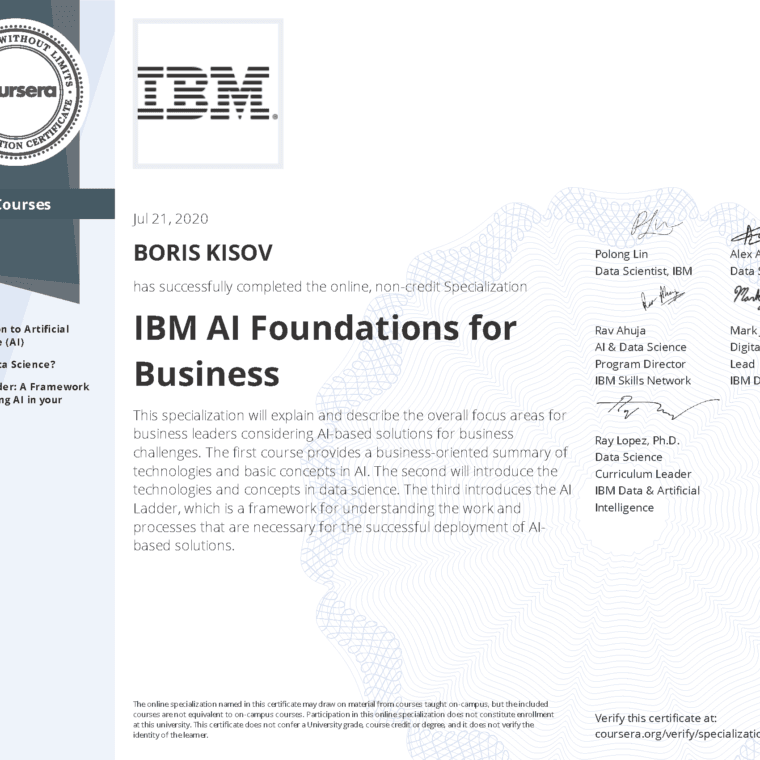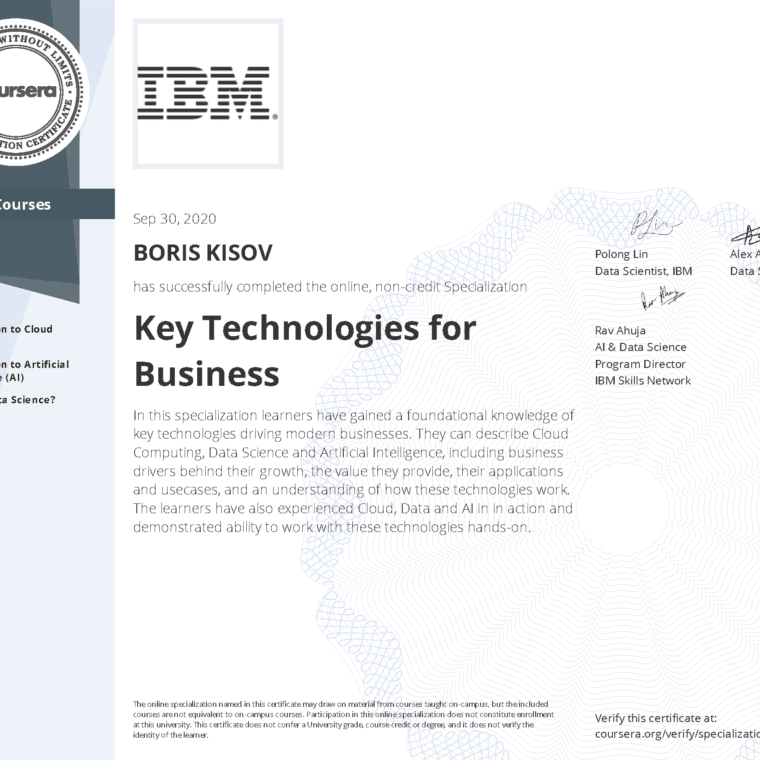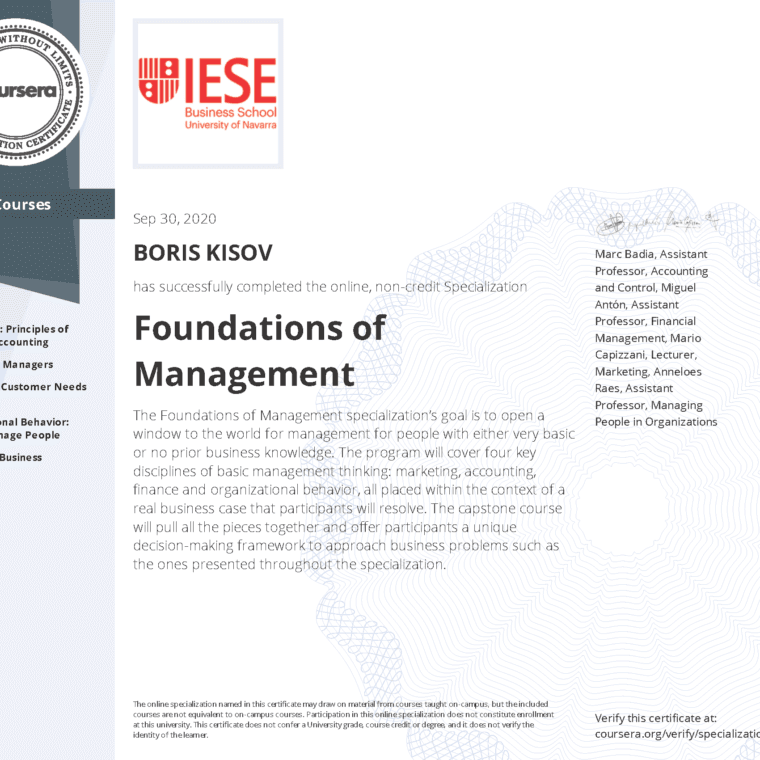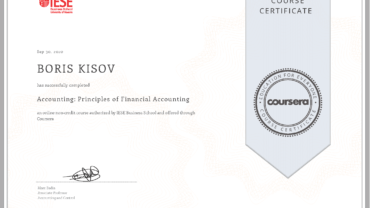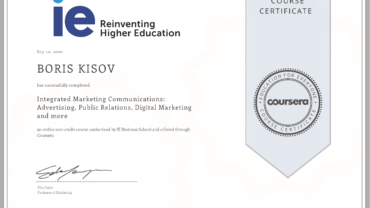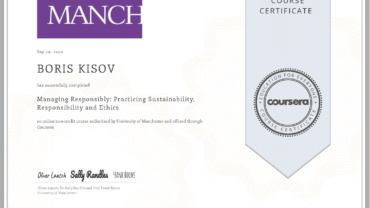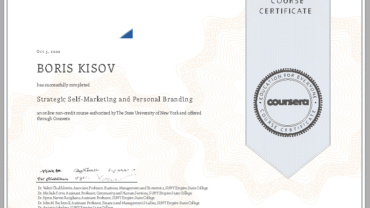Business
A business organization, an entity created for the purpose of conducting business activities. Such an organization is based on legal systems governing contract and exchange, property rights, and registration.
Business companies typically take one of three forms: sole proprietorship, partnerships, or limited liability companies (or corporations). In the first form, one person maintains the entire operation as personal property, generally managing it on a day-to-day basis. Most companies are of this type. The second form, partnerships, can have from 2 to 50 or more members, as in the case of large law and accounting firms, brokerage firms, and advertising agencies. This form of business belongs to the partners themselves; they can receive different shares of profits depending on their investment or contribution. When a member leaves or a new member is added, the company must transform into a new society. The third form, limited liability company or corporation, refers to combined groups of people, that is, a number of people treated as a legal entity (or fictitious “person”) with separate property, powers and obligations from its members. This type of company is also legally separated from the people who work for it, whether they are shareholders, employees or both; You can enter into legal relationships with them, enter into contracts with them, file claims and make claims against them. Most large industrial and commercial organizations are limited liability companies.
